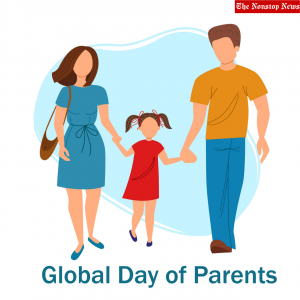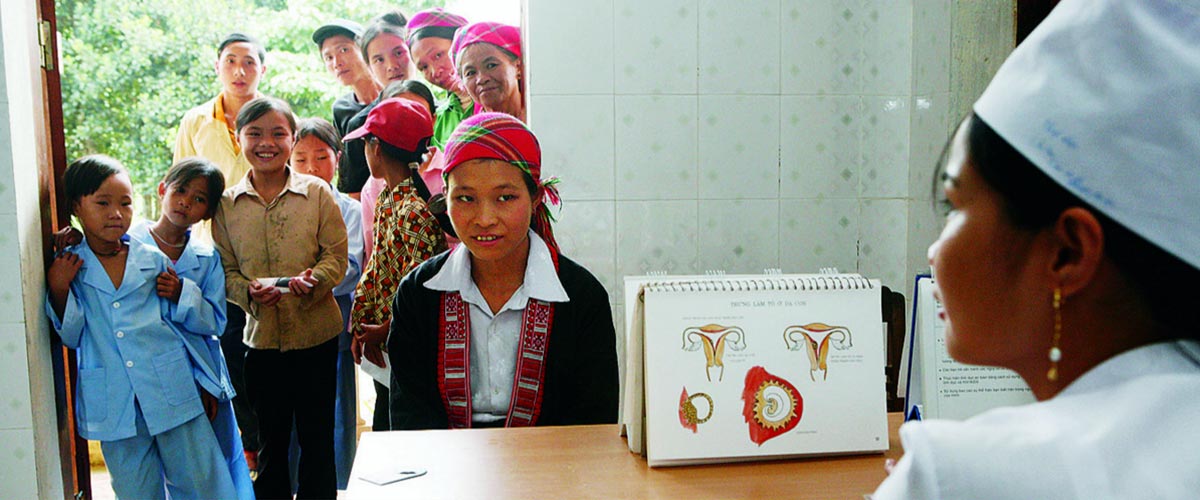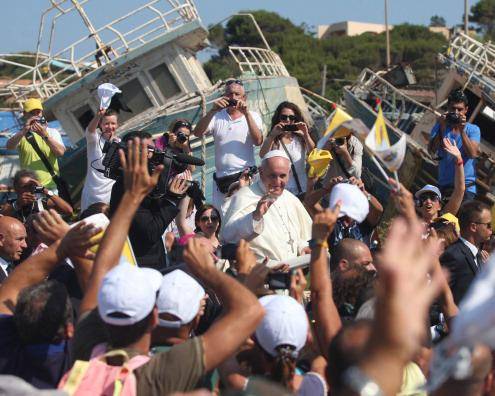 Appreciate All Parents Throughout the World
Appreciate All Parents Throughout the World
Since the 1980s, the important role of the family has increasingly come to the attention of the international community. The General Assembly adopted a number of resolutions and proclaimed the International Year of the Family and the International Day of Families.
Emphasizing the critical role of parents in the rearing of children, the Global Day of Parents recognizes that the family has the primary responsibility for the nurturing and protection of children. For the full and harmonious development of their personality, children should grow up in a family environment and in an atmosphere of happiness, love and understanding.
Designated by the General Assembly in 2012, Global Day of Parents provides an opportunity to appreciate all parents for their « selfless commitment to children and their lifelong sacrifice towards nurturing this relationship. »
Greater support needed for working parents as COVID-19 takes hold
Families bear the brunt of the COVID-19 pandemic. As the anchors of the family and the foundation of our communities and societies, parents have the responsibility of sheltering their families from harm, caring for out-of-school children and, at the same time, continuing their work responsibilities. Without support from parents, children’s health, education and emotional well-being is at risk. By introducing family-friendly workplace policies and practices, companies and organizations will be in a better position to promote children’s safety and wellbeing and provide systematic support to employees.
As the COVID-19 pandemic continues its exponential growth, a technical note from UNICEF, ILO and UN Women on family-friendly policies and other good workplace practices in the context of COVID-19 shows that it is essential to support working families to minimize negative consequences for children.
 The International Day of Charity was conceived as a
The International Day of Charity was conceived as a  The United Nations’ (UN) World Population Day is annually observed on July 11 to reaffirm the human right to plan for a family. It encourages activities, events and information to help make this right a reality throughout the world.
The United Nations’ (UN) World Population Day is annually observed on July 11 to reaffirm the human right to plan for a family. It encourages activities, events and information to help make this right a reality throughout the world. Dear brothers and sisters!
Dear brothers and sisters! Man is both creature and moulder of his environment, which gives him physical sustenance and affords him the opportunity for intellectual, moral, social and spiritual growth. In the long and tortuous evolution of the human race on this planet a stage has been reached when, through the rapid acceleration of science and technology, man has acquired the power to transform his environment in countless ways and on an unprecedented scale.
Man is both creature and moulder of his environment, which gives him physical sustenance and affords him the opportunity for intellectual, moral, social and spiritual growth. In the long and tortuous evolution of the human race on this planet a stage has been reached when, through the rapid acceleration of science and technology, man has acquired the power to transform his environment in countless ways and on an unprecedented scale.